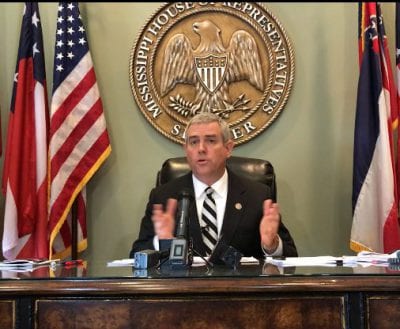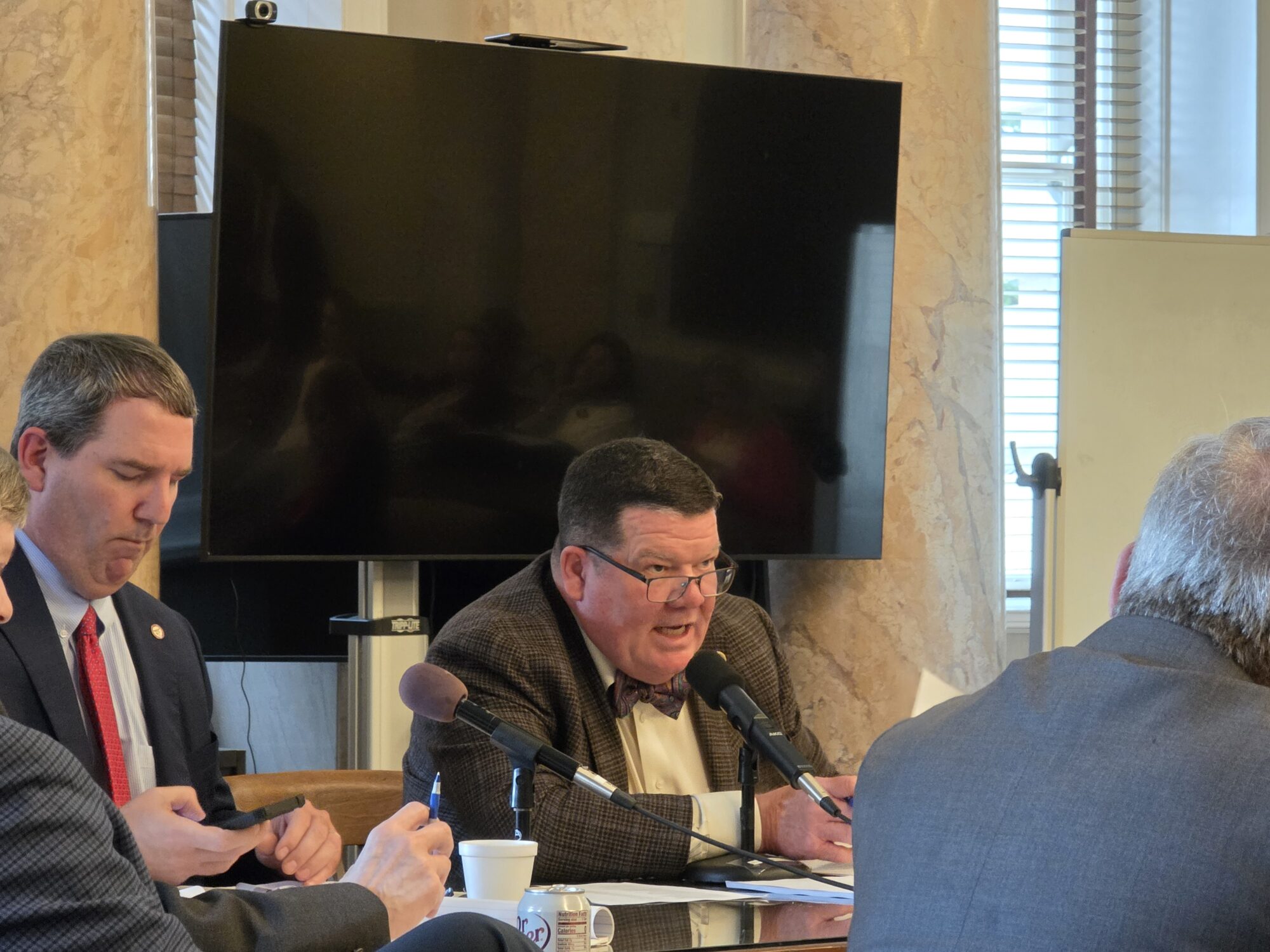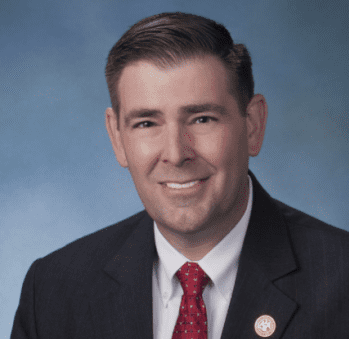
Speaker of the House Philip Gunn
Speaker of the House Philip Gunn told reporters on Monday during the Mississippi State University’s Stennis Institute of Government and the Capitol press corps online forum that it is more than likely that the Legislature would return to the Capitol before their set Sine Die date of October 10.
Gunn said the focus of the next return will primarily be on CARES Act dollars. Mississippi was awarded $1.25 billion from the federal government in the CARES Act and spread those dollars throughout the state, including $300 million to small businesses.
“Well, I will tell you that every time we return everybody wants us to do everything they didn’t get done,” said Gunn. “We are trying to make it a very focused, very narrow time frame.”
He said the Legislature’s main purpose for returning was to evaluate where CARES Act dollars were designated back in June and whether or not they have been spent, determining how much is left and if there is a need to move any of those dollars around.
CARES Act dollars must be spent by December 30, 2020. Many of the funds have a clause in which they must be spent in a certain time period before going into a fund that allows the Governor to put the money elsewhere. Gunn used the example of Employment Security.
“It was hit pretty hard. Before the pandemic I think the number was $750 million in the trust fund. I think it’s down to $450 million now. Obviously, we would like to get that back up if we could,” said Gunn. He noted that if some funds are available, lawmakers might look at putting dollars into the trust fund.
Even in the midst of the pandemic, Mississippi’s economy seems to be doing well. Revenue reports from the first few months of FY 2021 are still above Sine Die estimates. Many state agencies took a roughly 3 percent cut from their budgets this year to brace for the impact of COVID-19. However, sustained revenue numbers could be an indication that those dollars will be replenished come next year.
The Legislative Budget Office is scheduled to meet Thursday, September 24, to hear from agencies regarding proposed budgets for FY 2022.
Gunn said he had plans to speak with the Lt. Governor that same day to discuss whether or not the Senate had any other pressing matters they would like to address.
He also touched on the lawsuit that was filed by him and other members of the House of Representatives against Governor Tate Reeves for several line item vetoes from the 2020 session.
RELATED: Copy of Lawsuit in Gunn/White vs. Reeves
At this time, Gunn said the plan is for the case to be handled by briefs only, with no oral arguments. Each side will prepare a brief that explains why their interpretation of the law on this particular matter is merited. A judge will then decide.
Gunn said they filed their brief last week and the Governor will have roughly 10 days to respond with a rebuttal.
“This is an unfortunate situation. I was notified the day after the veto was entered that the veto under the law was not proper,” said Gunn.
The Speaker went on to say he contacted multiple attorneys to look into the matter and once the research was completed it was concluded that action needed to be taken to correct the vetoes. He then went to the Governor to discuss the matter and inform him that a lawsuit would be coming in order to revoke the veto.
Gunn’s concern lies with precedent. He believes if this type of action cannot be allowed now because of the potential precedent it could bring in the future. He is also on the side that the law does not allow these types of vetoes.
“What we have here is an infringement of the Executive Branch to the Legislative Branch and it has nothing to do with the parties here. It is just, can a Governor do what these vetoes tried to do,” asked Gunn.
Once the Governor’s office submits its brief, the judge will decide and issue a ruling.











